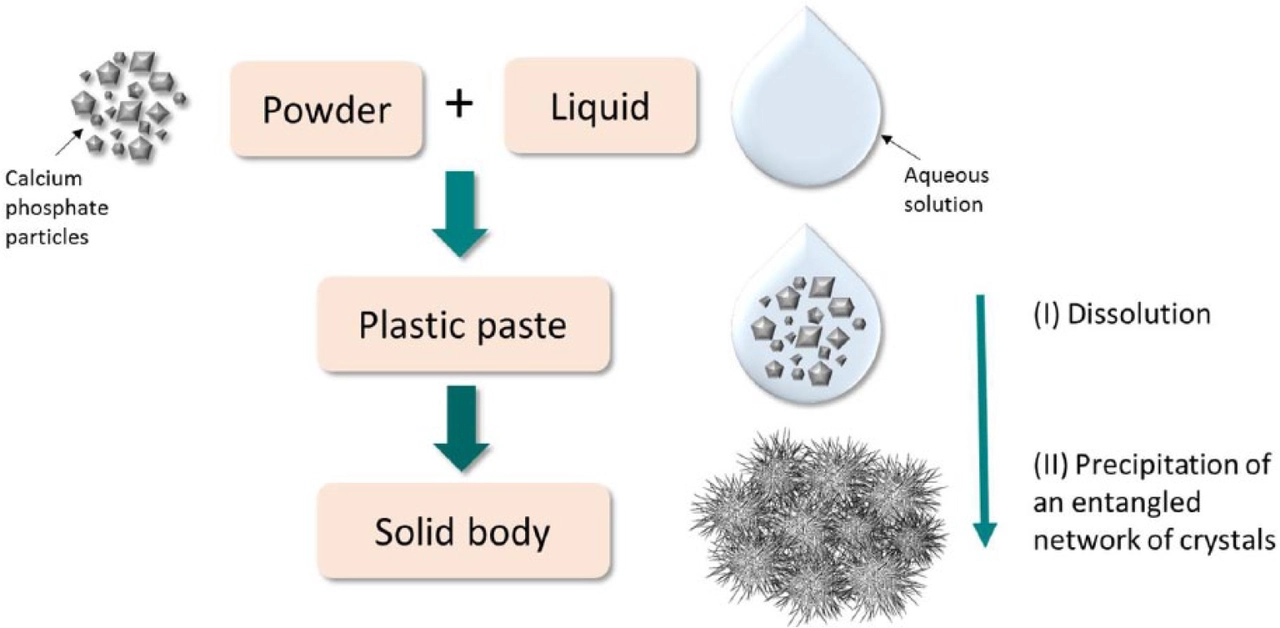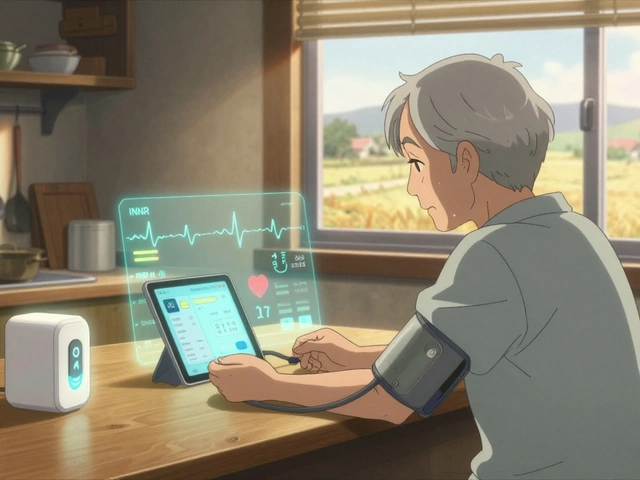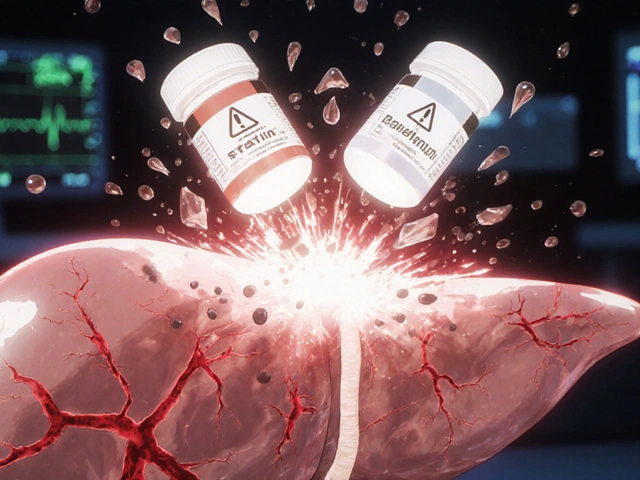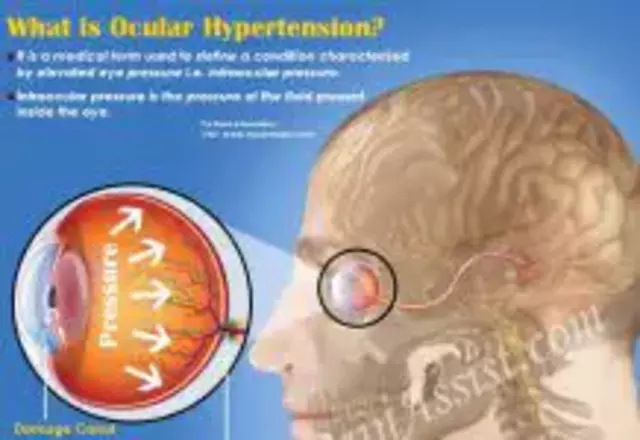Phosphorus: What It Does and How to Manage It
Phosphorus is one of those nutrients you don’t hear much about until a test goes wrong. It works with calcium to build bones, helps your cells make energy, and is part of DNA and cell membranes. Most people get plenty of phosphorus from food, but too much or too little can cause real problems—especially if your kidneys aren’t working well.
How much do you need and where it hides
Adults usually need about 700 mg of phosphorus a day. Good sources are obvious: dairy (milk, cheese, yogurt), meat, fish, eggs, nuts, and beans. But watch processed foods and sodas—many contain phosphate additives that add up fast. For example, a cola or processed meat can contain added phosphates that aren’t listed as simple proteins or carbs on labels. If you’re trying to control phosphorus, whole foods and simple ingredient lists are your friend.
Signs to watch for and when to act
Deficiency is rare on a normal diet. When it happens, you might notice weak muscles, bone pain, or tiredness. More common is high phosphorus in the blood (hyperphosphatemia), which can cause itchy skin, muscle cramps, and over time can lead to calcium deposits in blood vessels and tissues. That’s why people with chronic kidney disease (CKD) often need to limit phosphorus — their kidneys can’t remove extra phosphate efficiently.
If you have CKD, heart disease, or are on certain medications, talk to your doctor about monitoring phosphate levels. Blood tests usually show normal phosphate between about 2.5 and 4.5 mg/dL, but targets can change based on your health. Doctors treat high phosphate with diet changes and, when needed, phosphate binders—medicines like sevelamer or calcium acetate that help keep phosphate from being absorbed.
Practical tips: read labels for words like "phosphate," "phosphoric," or "pyrophosphate," cut back on cola and fast food, and choose fresh or frozen whole foods over processed options. Balance matters too — enough calcium and vitamin D help keep bones healthy, but don’t self-prescribe supplements without checking labs first.
If you’re curious about how phosphorus affects specific medicines, supplements, or conditions, check your lab results and ask a pharmacist or doctor. Small changes in diet can make a big difference, and a quick conversation with a clinician can clear up whether you need to act now or just keep eating normally.
Want more practical drug and health info? Use the site search to find articles on kidney care, supplements, and safe medication use—or reach out if you have a question about a specific drug and phosphorus interactions.
As a blogger, I've recently come across the importance of calcium and phosphorus in the development of osteodystrophy. These two minerals play a vital role in maintaining healthy bones and teeth. However, an imbalance in their levels can lead to osteodystrophy, a condition characterized by weak and deformed bones. To prevent this, it's essential to consume a balanced diet rich in calcium and phosphorus, and monitor their levels in the body. Additionally, it's crucial to consult a healthcare professional for guidance in managing these levels and maintaining overall bone health.
Read more






